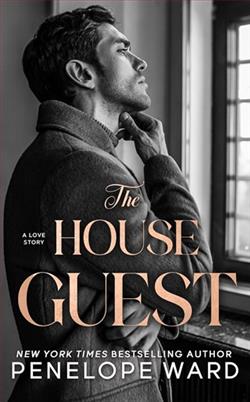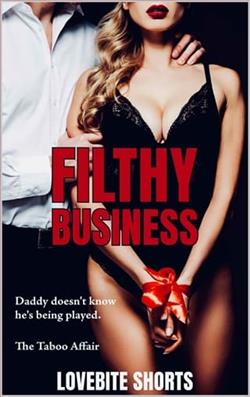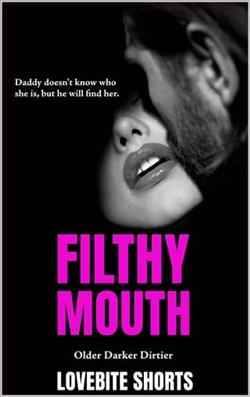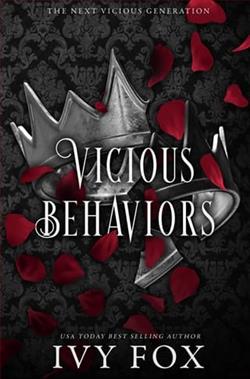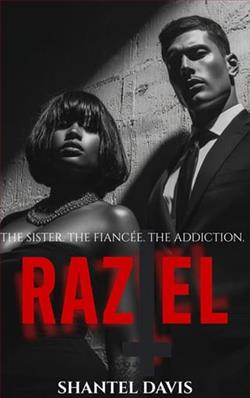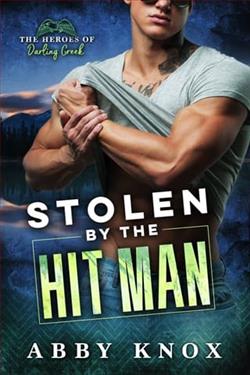Page 7 of Garden of Lies
“I see,” Slater said, his tone very neutral now.
“The thing is, Anne was a woman of the world. It’s quite possible that she ignored the rules. The client’s husband is a wealthy, powerful man and wealthy, powerful men are often careless when it comes to their affairs.”
Slater said nothing. He just looked at her.
She remembered somewhat belatedly that Slater Roxton was a wealthy, powerful man.
“The thing is,” she continued hurriedly, “Anne was quite capable of protecting herself in such matters. She might enjoy a discreet dalliance but she would never be so foolish as to fall in love with a man she knew could never return her affections.”
Slater gave that some thought. “You say that Anne was doing rather well financially.”
“She was comfortably established with some funds put aside for retirement and a bit of jewelry.”
“Did she leave her possessions and the retirement money to someone?”
Ursula winced. “I was Anne’s sole heir.”
“I see.” Slater exhaled slowly. “Well, there goes that theory of the crime. I can’t imagine that you would be undertaking an investigation that might lead to your arrest.”
“Thank you for that bit of logic. I assure you, I had no reason to want her dead. She was one of my best secretaries—an asset to my agency in every conceivable way. In addition, we were friends. She was the first person who agreed to work for my agency when I went into business two years ago.”
“You say you do not suspect suicide. What makes you think that Miss Clifton might have been murdered?”
“I found a short note next to the body.”
“A farewell note?” Slater asked. His voice gentled with a surprising sympathy.
“No, at least not in the way you mean. She wrote the note with a pencil. I think she was trying to point me toward her killer.”
A great intensity infused Slater. “She wrote the note in pencil? She did not use a pen?”
He did understand, she thought.
“Exactly my point, sir,” she said. “I do not think that she had time to use a pen. That would have required opening the ink bottle, filling the pen and laying out a sheet of paper in the proper way. A note explaining one’s suicide would be a deliberate act, don’t you think? An experienced secretary would have used pen and paper. The fact that she only scribbled a few words in pencil tells me that she was in a great rush. No, Mr. Roxton. Anne did not leave a farewell note. She tried to leave a message—for me.”
“This note was addressed to you?”
“Well, no, but it was written in her own shorthand. She knew I was probably the only person who would be able to read it.”
“What did the note tell you?”
“It was in her unique stenographer’s script. It directed me to the location of the notebook and her little collection of jewelry. Oh, and there were two packets of seeds there, as well. I can’t imagine for the life of me why she hid the seeds. It is another mystery.”
“Where, exactly, did she conceal all those items?” Slater asked.
“Behind the convenience. Didn’t I mention that? Sorry.”
Slater looked quite blank. “The convenience?”
Ursula cleared her throat. “The water closet, Mr. Roxton.”
“Right. The convenience. My apologies. I’ve spent most of the past few years out of the country. I’m a bit rusty when it comes to polite euphemisms.”
“I understand.”
“Regarding this note Miss Clifton left—it’s obvious why she would conceal her jewelry. You said you don’t know why she concealed the seeds. But what of the notebook? Any thoughts on why she would hide it?”
“An excellent question,” Ursula said, warming to her theme. “I spent most of last night trying to transcribe several pages but the process did not shed any light on the problem. It’s all poetry, you see.”









